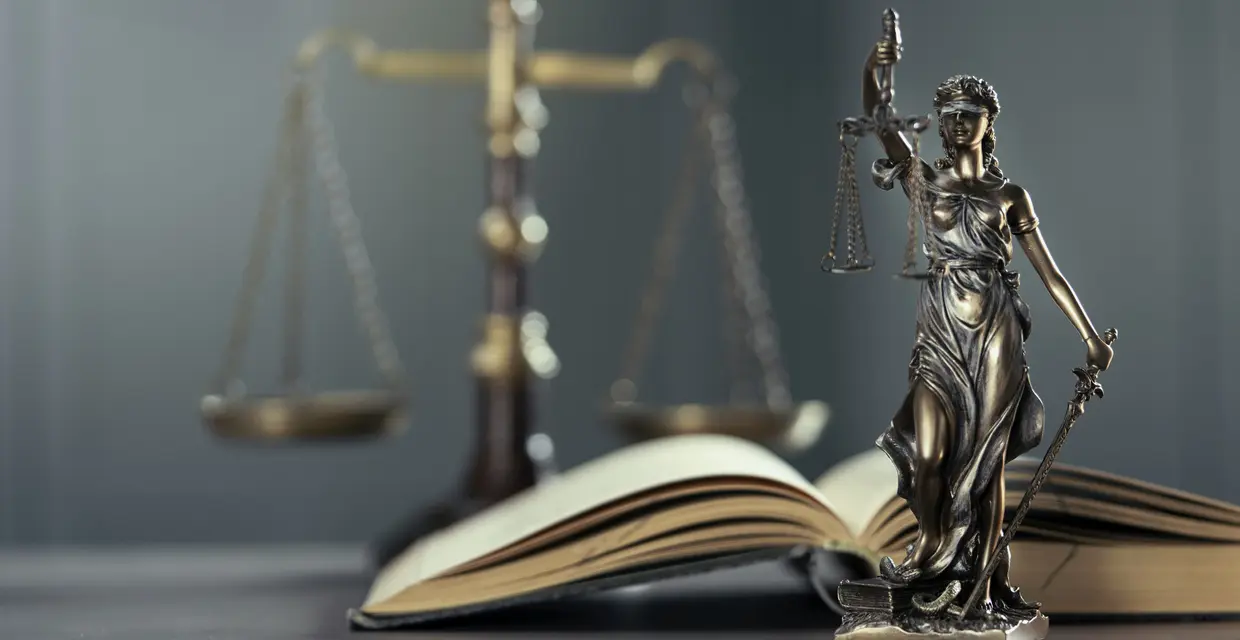Domestic violence is a pervasive issue that affects individuals across all demographics, leaving accused feeling trapped and powerless. In such dire circumstances, the role of lawyers in domestic violence cases becomes crucial. These legal professionals not only provide essential legal support but also serve as advocates for accused seeking justice and safety. Understanding their rights and navigating the legal system can be overwhelming for those affected, making of domestic violence lawyers vital in ensuring that accused receive the protection they deserve.
This article explores the important functions of lawyers in domestic violence cases, highlighting how they assist accused in securing protective orders, filing criminal charges, and navigating family law issues. From initial consultations to courtroom representation, these attorneys are dedicated to empowering survivors and helping them reclaim their lives from the grips of abuse. By shedding light on the resources available and the support these legal offer, we aim to inform those in need about the pathways to safety and justice in the face of domestic violence.
The Role of Domestic Violence Lawyers
Domestic violence lawyers play a critical role in providing accused with the legal resources they need to break free from their abusive situations. They assist clients in obtaining protective orders, ensuring that legal measures are in place to keep offenders away from accused and their families. Additionally, these attorneys help navigate the complexities of family law, particularly when it comes to issues like custody and child support. Their not only involves litigation but also includes negotiating settlements that prioritize the safety and well-being of the accused. For individuals seeking representation or guidance, contacting Lawyers for Domestic Violence can be a vital step towards reclaiming control over their lives.
Advocacy and Support for Accused
Beyond legal representation, domestic violence lawyers serve as advocates who help empower accused throughout their journey. They provide emotional support and guidance, helping clients understand their rights and the various options available to them. Many lawyers in this field are also familiar with local resources such as shelters, counseling services, and support groups, connections that are invaluable for accused seeking safety and healing. By fostering a strong attorney-client relationship, these professionals can instill a sense of confidence in their clients, providing them with the tools they need to navigate the often daunting legal landscape of domestic violence cases.
In conclusion, the commitment of lawyers in domestic violence cases extends far beyond the courtroom; they embody a lifeline for accused striving to escape cycles of abuse and regain autonomy over their lives. These legal advocates not only illuminate the paths to justice and safety but also facilitate access to crucial support networks that promote healing and recovery. By prioritizing the needs and rights of their clients, domestic violence lawyers assist accused in reclaiming their narrative, advocating for their safety, and laying the groundwork for a future free from fear. As communities continue to address the pervasive issue of domestic violence, the impact of these legal professionals will remain indispensable in championing the rights and well-being of survivors.

